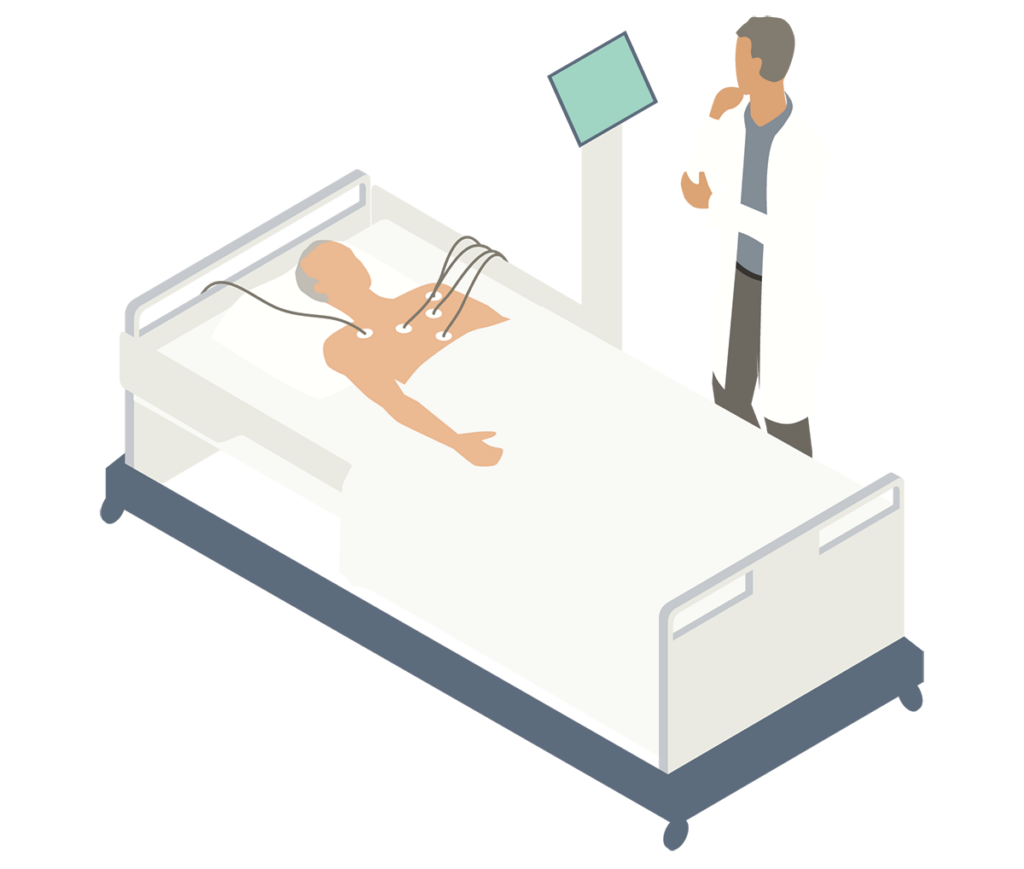Kelsey Neale always knew she wanted to become a nurse. Perhaps it was her grandmother’s influence with her own nursing career, but as early on as high school, she had a keen interest in biology and human physiology and knew nursing would be a big part of her future..

After finishing her undergraduate degree at the University of Alberta, she began work as a Registered Nurse (RN) in a cardiovascular unit in Edmonton. She enjoyed her work and had always had plans to do graduate studies which led her to the University of Calgary, where she took a Master’s in Nursing – Nurse Practitioner program.
In June of 2022, Kelsey was awarded the Florence and Lloyd Cooper Alberta Registered Nurses Educational Trust (ARNET) scholarship for her research surrounding delirium following cardiovascular surgery. Delirium is an adverse postoperative complication. Delirium can prolong a patient’s hospital stay, increase healthcare costs, and increase the risk of morbidity and mortality.
“I was very honoured to receive this scholarship. I’m incredibly grateful for the generosity of Mr. and Mrs. Cooper and the Calgary Health Foundation,” Kelsey said.
The scholarship helped provide financial assistance for her education as she was a full-time student. She could allocate more time to her studies and research without feeling the added burden of having to pick up extra shifts. Kelsey worked casually as a RN throughout her two years of graduate studies.
“The scholarship helped build my confidence. Being awarded for something and recognized for my hard work gave me more confidence that I’m a very competent professional with a good work ethic. I continue to have those same attributes now working as a Nurse Practitioner.”
She found that delirium following cardiovascular surgery in patients was something she had often experienced in her work. When she looked into it, the actual incidence is widespread, estimated to affect anywhere from three to 72% of individuals.
“As a RN caring for patients that are delirious and as an NP now trying to manage patients that are delirious, it can be quite hard. There is no cure for delirium. There are things we try to do to help shorten the duration but then again, it’s quite complex, and there isn’t one cure for it.”
She believes there needs to be more research in this area, because in Canada, cardiovascular disease is the second leading cause of death for Canadians.
In her studies, she also found that cardiovascular research has primarily been focused on men. Heart attacks present differently in men and women. Classic symptoms like chest pains apply to both men and women, but women may experience other symptoms that are typically less associated with heart attacks.

More Canadians will require cardiac surgery in the upcoming decades as the “baby boomer” cohort advances in age with heart disease remaining a leading cause of death. It’s likely that there will be more cases of postoperative delirium following cardiac surgery.
“We’re going to be expecting many more complications in hospitals and many people requiring cardiac surgery.”
Delirium is an acute onset or change in attention and awareness. People can become confused and become either hypoactive or hyperactive. Patients can become violent or hostile, which can be very distressing for family members and health care staff. It’s an acute onset, whereas dementia is a more gradual onset. Delirium is not curable but it is reversible.
Working now as a Nurse Practitioner at Foothills Medical Centre within the Libin Institute of Cardiovascular Health, she tries to spend more one-on-one time with the patient and family members when they are dealing with delirium.
“It can be very disheartening to see. They thought their family member was fine one day and made it through surgery, and then the patient may not remember who they are or could be throwing things or be violent.”
She tries to sit down with the families to explain what delirium is, the risk factors, and how this can happen after surgery.
“I try to assure them that it’s not the patient doing this, it’s the delirium. That often helps manage their anxiety.”
In her experience, she’s found patients have come out of delirium and have no recollection of what happened previously. When told by family members and staff what was happening, they can often feel ashamed or embarrassed.
For Kelsey, what’s most rewarding about her career is having a positive influence on a patient’s life. Receiving compliments from patients or family members on the excellent care they’ve received while in hospital helps make the hard days in nursing worthwhile.


